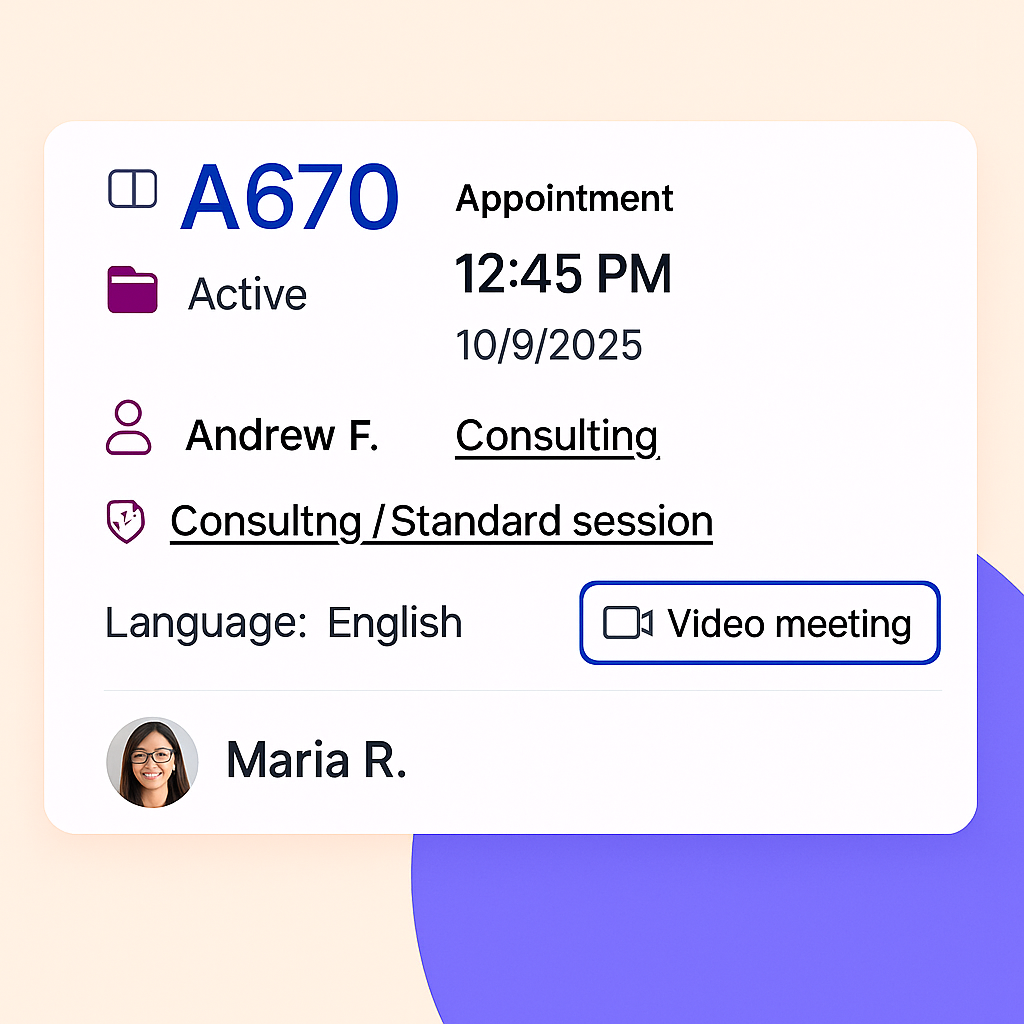Covid-19 has changed the way government provides service to the population. While many businesses were able, or required, to minimize their customer interactions during the pandemic, the demand for local and central government services was higher than normal. This situation compelled the government to quickly develop processes and technologies that enabled service delivery despite the limitations of social distancing.
The big question here is, which of these new processes and technologies would remain in service after the pandemic is over? and what will be their long-term effect on government service delivery?
The Immediate Impact
Governments around the world increase their use of chat and AI-powered chatbots to deliver service and answer questions. A research paper titled "Transforming Government Post Covid-19" published by Deloitte, gives numerous examples of this trend and states that "digital technology provides a more accessible and personalized service."
Where human interaction is required to assist or complete the service, video and teleconferencing options are becoming more common and proving more effective. The same Deloitte research paper gives examples of how various countries now employ video at "digital courts"; and in California, "97% of the Department of Motor Vehicle transactions now can be completed online, at home, or at remote kiosks and other automated locations."
And what about that small percentage of cases where an in-person meeting is still required? Indeed, government offices and municipalities are opening up to the public – however, many of those require that an appointment is scheduled in advance. Such appointment scheduling would typically ask the customer to select the type of service. Service types that truly justify a trip to the service location would be prioritized, whereas for other types, the booking system would present the customer with online service options.
Positive identification used to be seen as a good reason to ask a person to arrive physically for a meeting, but this is not the case anymore: "Digital identities are quickly being adopted by departments that have traditionally relied on physical identification practices," says Deloitte. "In New South Wales (NSW), Australia, a digital driver's license allows shops and businesses to validate identity digitally… NSW also introduced a temporary provision to allow videoconferencing technologies to be used for witnessing legal documents such as power of attorney, wills, and other statutory documents."
The Long Term Effect
A few of the effects of the pandemic may fade away in the future; however, many changes we were forced to adopt were simply an acceleration of existing trends. The convenience produced by such changes means, they are probably here to stay.
Now that government and citizens have embraced technologies that enable the use of digital ID for remote authentication, and then completing entire service processes using digital platforms like chat and videoconferencing, there is no going back.
So in the long term, the question would not be "will government keep using the digital technologies introduced during the pandemic" – it would be, "what more technologies and methods will be required to complement and enhance the new service models".
GovTech magazine lists a few such complementary methodologies in an article titled "Reopening Government Offices After COVID-19", which is focused on addressing the long-term workplace. Some of the key aspects discussed in the article include:
- Creating a "flexible, technology-driven service delivery model" that adopts a "variable labor model."
- Adopting a "future-fit workplace" with new approaches to teleworking, booking unassigned desks and conference rooms, asset management and maintenance, and more.
- Creating a digital workplace, where the adoption of digital technologies for internal processes is the natural extension of employing digital platforms for providing customer service.
The long-term vision of government service delivery is, therefore, one focused on digital and generally more convenient service models and where the workplace of customer service staff adapts to support these models.
Preparing For The Future, Today
Now is the right time to acquire technologies and adopt business processes that not only support the new service delivery models, but are evidently here to stay:
- Deploy a flexible omnichannel customer service platform, that can support chat, videoconferencing and other digital interactions as well as in-person conversations.
- Implement an equally flexible scheduling technology, that enables customers to navigate the available channels and book appointments where both customer and service representative can be anywhere.
- Adopt a customer-centric business process management solution that not only supports the service delivery, but also helps to connect the back-office processes to the front-office workflow.
Contact us to learn more about how Q-nomy supports the new government service delivery models!





.webp)

.png)

.png)
.jpg)




.svg)

